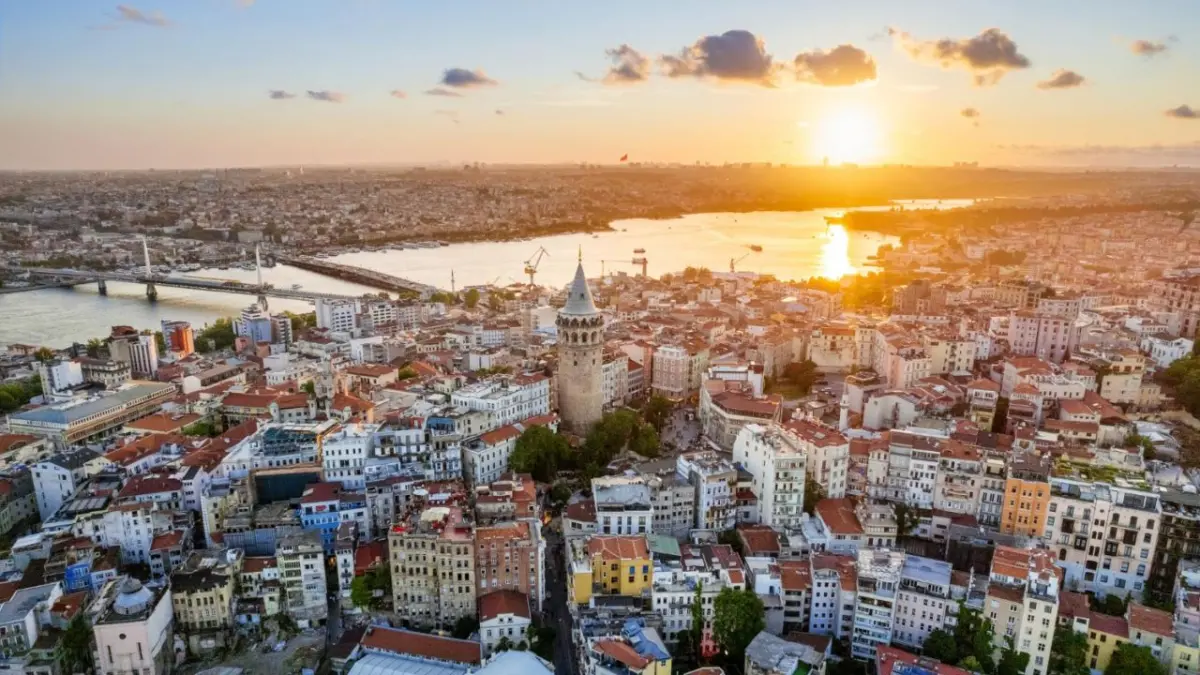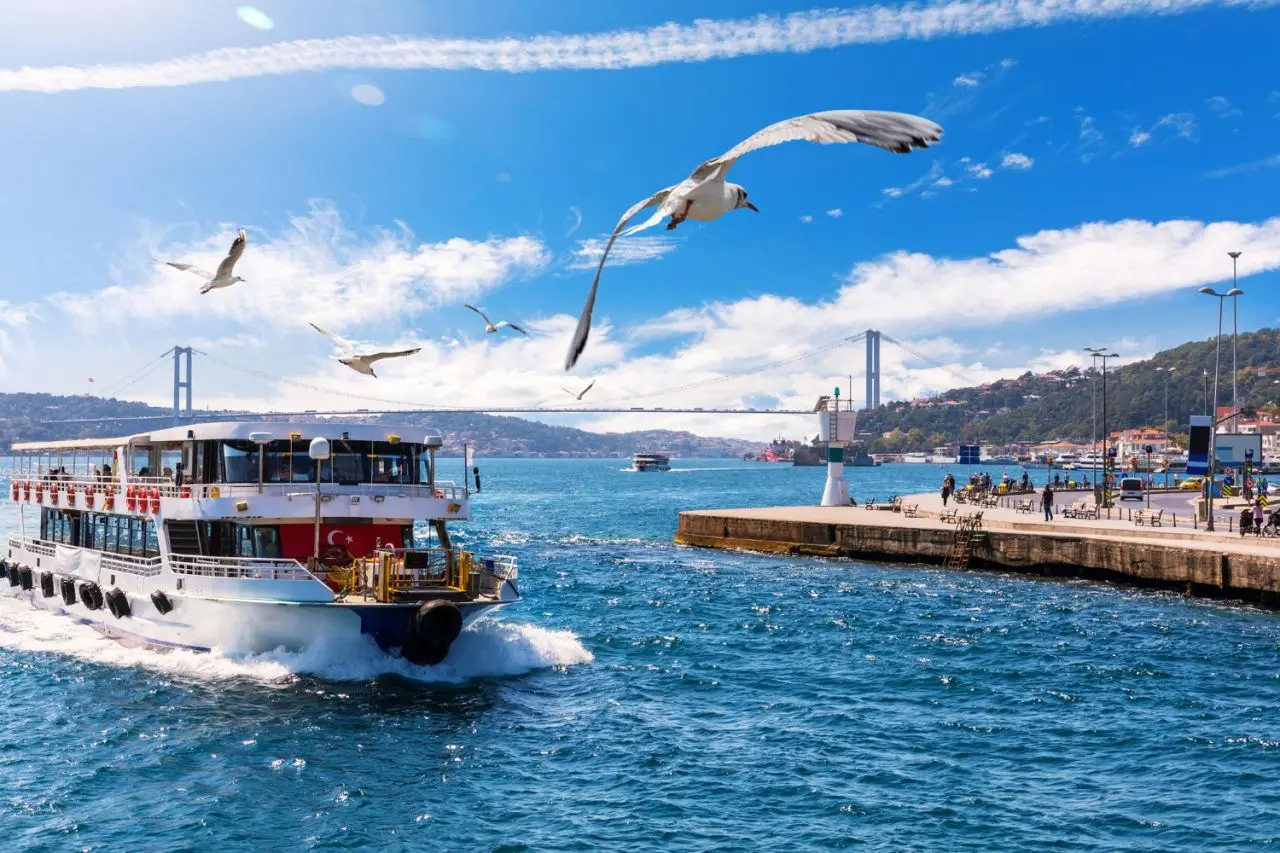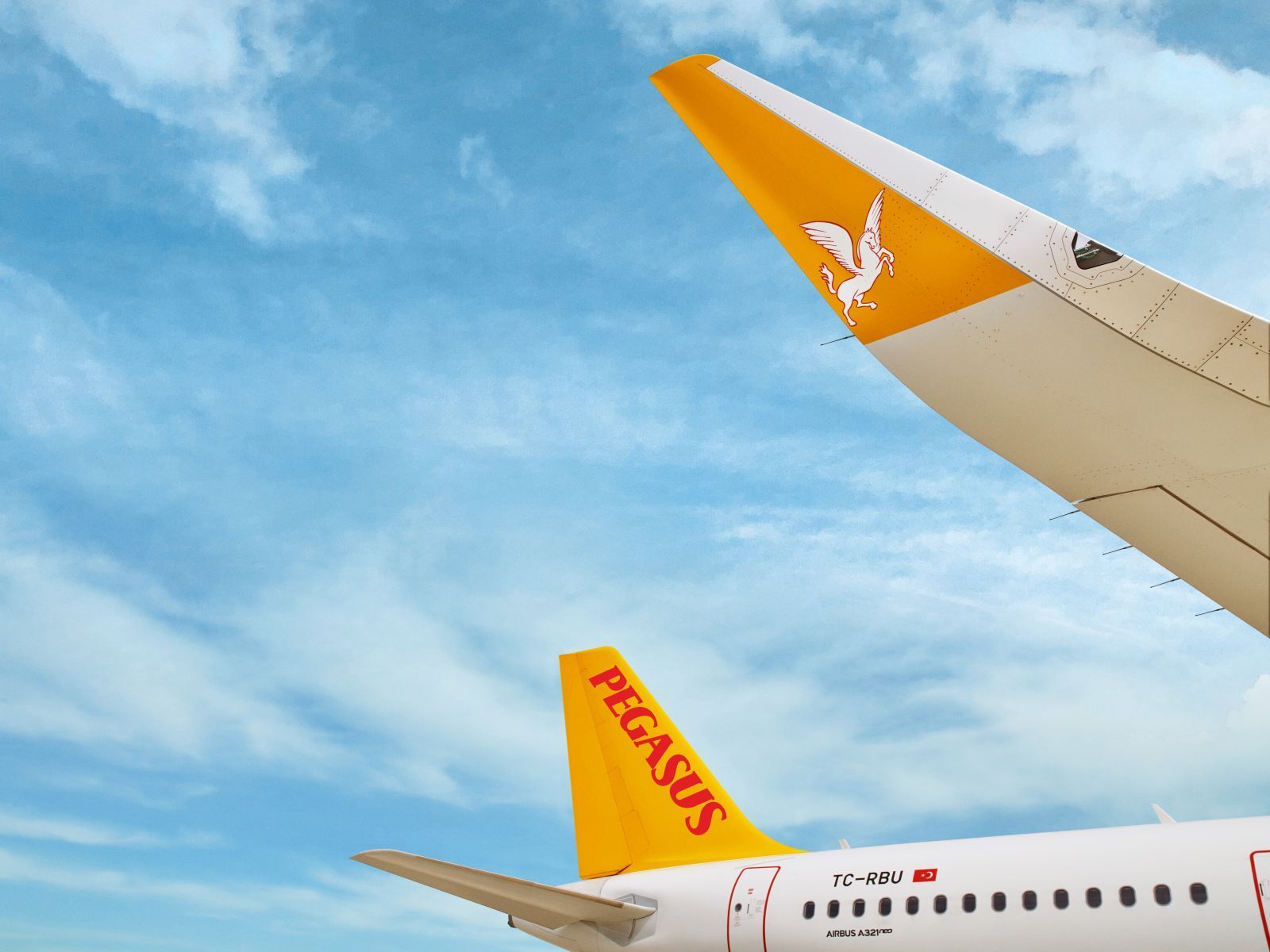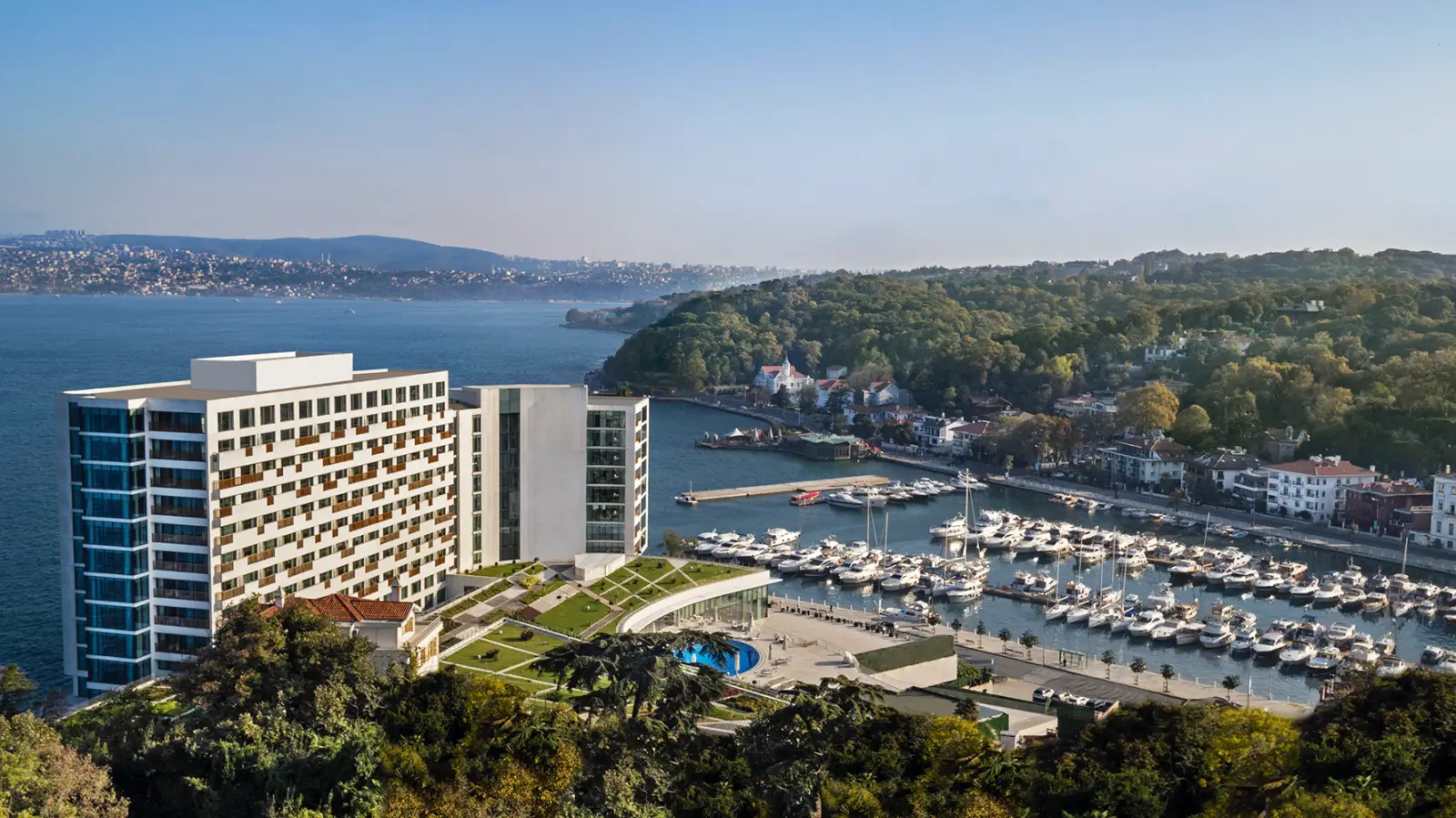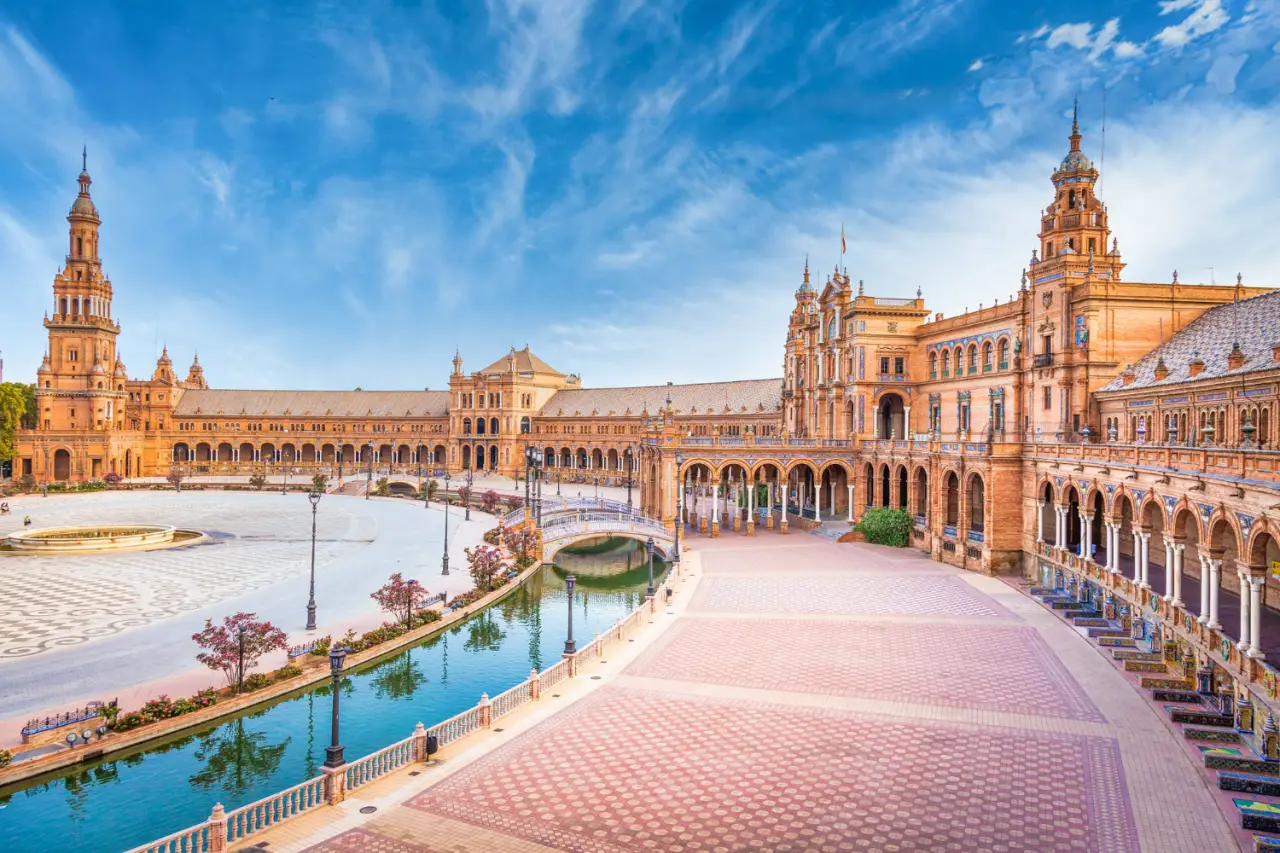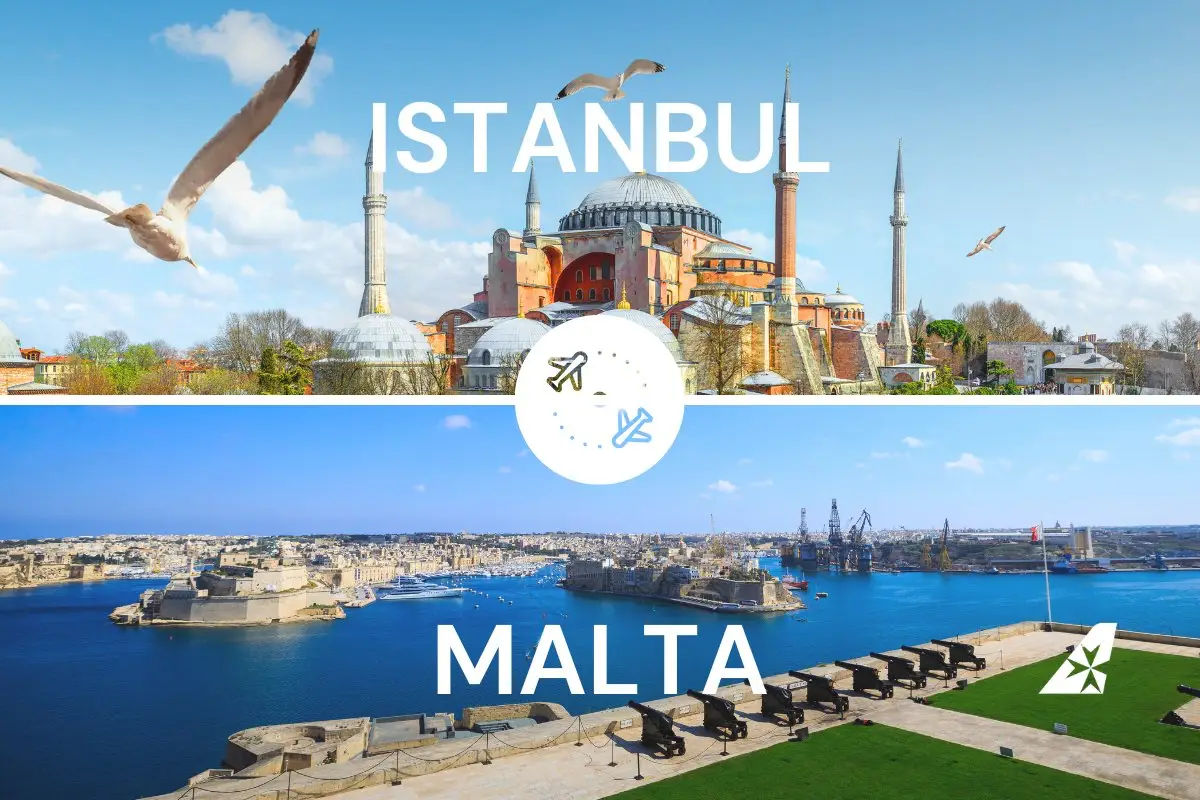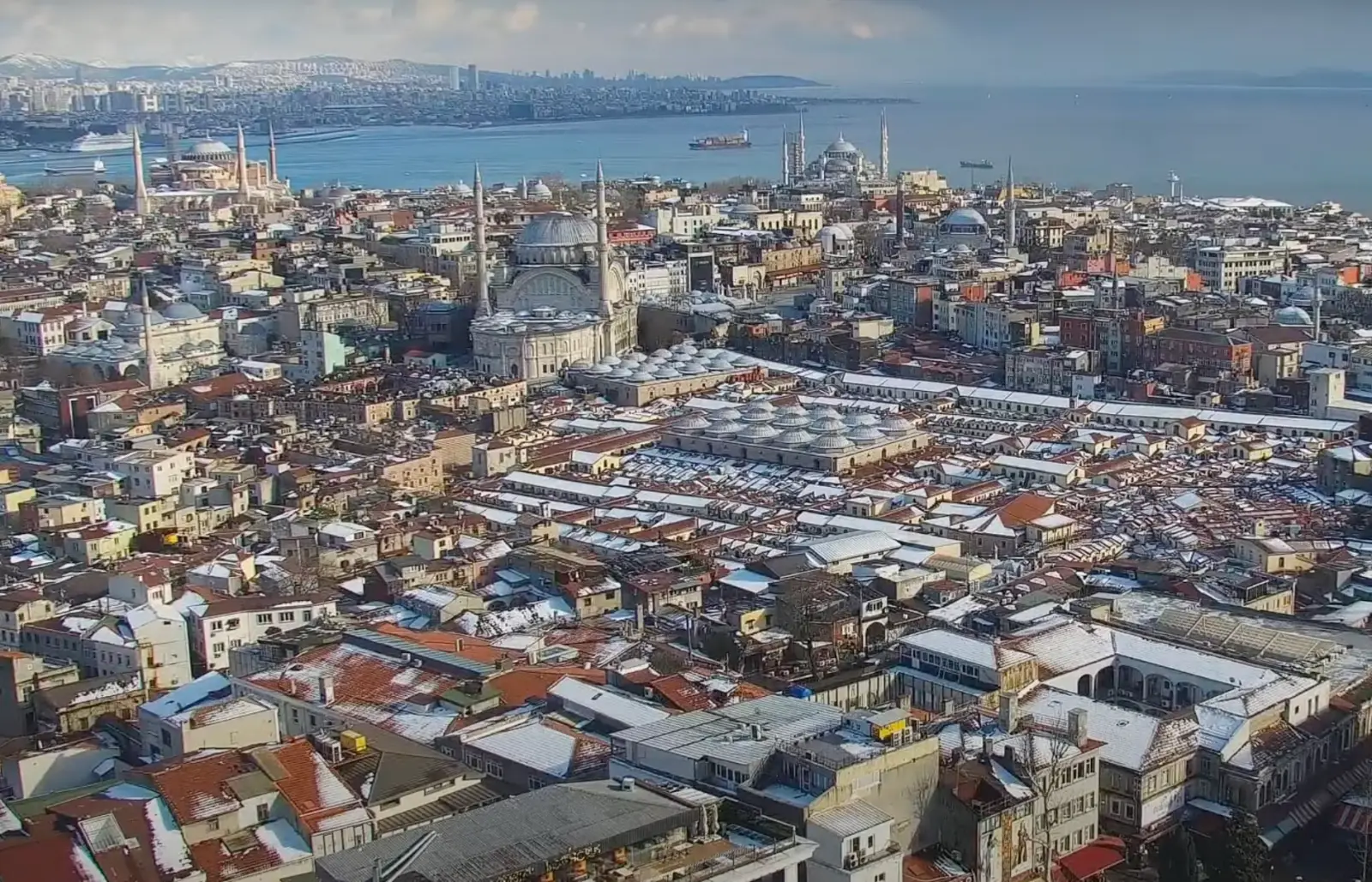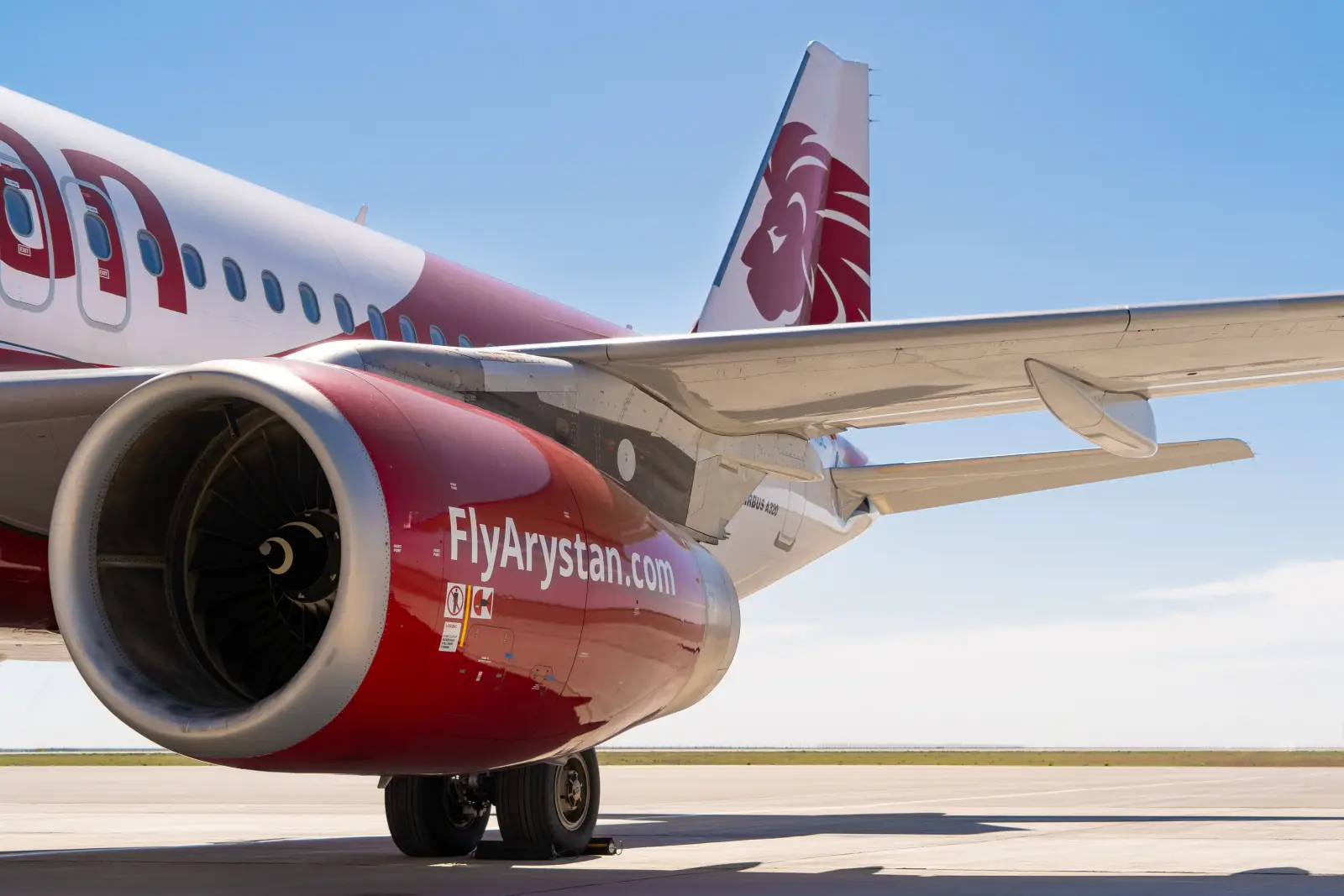Istanbul Metropolitan Municipality (IMM) is progressing to the second phase of the Istanbul Sustainable Urban Mobility Plan (SUMP), a project financed by the European Union. This next phase will witness the implementation of various pilot projects focused on sustainable, equitable, economic, and environmentally friendly urban transport solutions.
The SUMP aims to transform Istanbul’s urban landscape by introducing measures to reduce automobile usage, carbon emissions, and air pollution in the city’s central areas. Key initiatives include the establishment of low emission zones, enhancements to the maritime transport network, the development of safe pedestrian and bicycle paths, and the introduction of “bus priority lanes.”
With a budget of approximately 5.55 million Euros, the 30-month project will be co-financed by the EU Commission, which will cover 85% of the costs, and IMM, which will fund the remaining 15%.
Transforming Historic Peninsula, Kadıköy, and Beyoğlu
The activities planned under this project will include:
- Implementing deterrent measures to reduce private car usage in central areas like the Historic Peninsula, Kadıköy, and Beyoğlu. These measures aim to increase energy efficiency in urban transportation, decrease greenhouse gas emissions, and improve urban air quality. Restricted zones where private vehicles can enter for a fee will be designated.
- In areas with high pedestrian traffic, there will be initiatives to reduce automobile usage and traffic speed.
Increasing the Role of Maritime Transportation
- Efforts will be made to increase the share of maritime transportation in public transit, including pilot projects to improve access to piers in coastal districts.
- Incentives for active transportation modes such as walking and cycling will be introduced, with a reorganization of roads and the creation of pedestrianized areas in central locations.
Bus Priority Lanes and Healthy Streets
- Feasibility studies will be conducted to establish “bus priority lanes,” a common practice in global urban transport, and “Healthy Streets,” which focus on sustainable transportation and a human-centered approach.
- Roadmaps will be developed for establishing urban transport systems resilient to disasters, including the anticipated Istanbul earthquake and floods due to climate change, as well as future pandemics.
This ambitious initiative represents a significant step towards making Istanbul a more sustainable, livable, and environmentally responsible city. By leveraging European Union funding and expertise, IMM aims to set a benchmark for urban transportation that can be emulated by other global cities facing similar challenges.

